1. New Yorkers Not Making Eye Contact
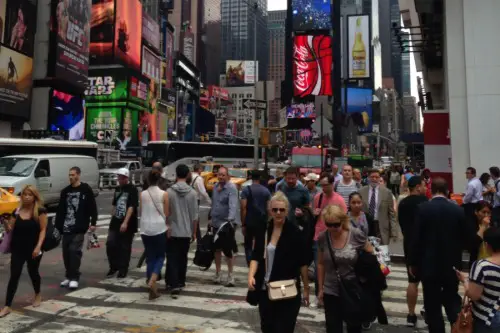
In New York City, avoiding eye contact isn’t a snub—it’s a survival strategy. With millions of people constantly moving, direct eye contact can actually come off as confrontational. Most locals are just trying to get from Point A to Point B without incident. They’re not being rude—they’re just efficient.
To someone from a smaller town, this behavior might feel cold or standoffish. But for New Yorkers, privacy and speed are unspoken laws of the street. Try chatting up a stranger on the subway and you’ll quickly understand it’s not personal. It’s just a cultural norm built for crowded spaces.
2. Midwesterners Using “Oh, I’m Fine” for Everything
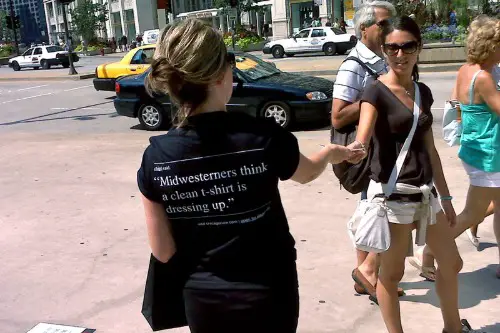
In much of the Midwest, especially places like Minnesota, “I’m fine” can mean anything from “I’m great” to “I’m deeply uncomfortable but won’t say it.” This habit of downplaying emotions is part of what’s sometimes jokingly called “Minnesota Nice.” It’s a way of maintaining harmony and avoiding conflict. Outsiders might think people are being passive-aggressive—or hiding something.
In reality, it’s about politeness and keeping the peace. Midwesterners often believe that burdening others with their emotions is impolite. This can be confusing to people from more expressive regions. But once you get used to it, you’ll see it’s a subtle form of kindness.
3. Texans Talking Loudly
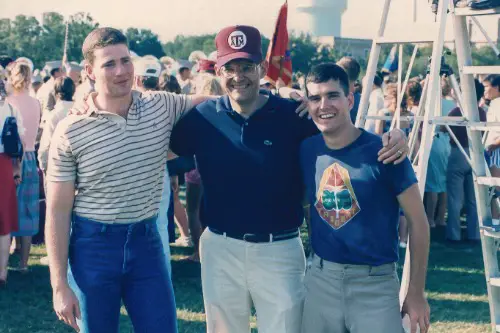
Everything’s bigger in Texas—including the volume. Texans often speak with a certain boldness and volume that can catch outsiders off guard. This isn’t meant to be aggressive; it’s just part of the state’s outgoing culture. Talking big is seen as being friendly and confident.
To someone from a quieter place, it might feel like you’re being shouted at. But in Texas, this energy is often meant to make you feel welcomed and noticed. Conversations are more like performances, full of enthusiasm and pride. Don’t take it personally—it’s just Southern hospitality at full blast.
4. Bostonians’ Bluntness
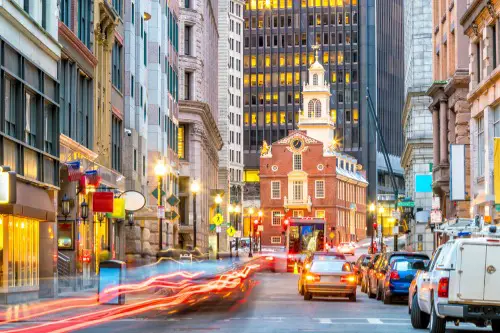
Boston locals are famously direct. They’ll tell you exactly what they think without sugarcoating it. This no-nonsense attitude can feel abrasive to someone used to more diplomatic conversation styles. But in Boston, honesty is considered respectful.
This bluntness has roots in the city’s working-class traditions. People appreciate getting to the point and not wasting time. Outsiders might misread this as rudeness when it’s actually a form of trust. If a Bostonian gives you straight talk, it means they consider you worth the truth.
5. Alaskans Keeping Their Distance
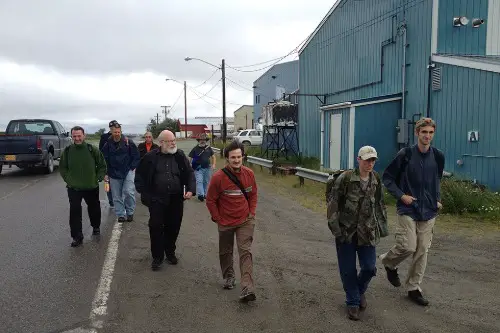
Alaskans value personal space in a way that can seem icy—literally and figuratively. Living in such a vast, rugged landscape fosters a sense of independence and self-reliance. Many Alaskans prefer solitude or small, tight-knit social circles. This can come off as standoffish to someone expecting warm greetings.
But it’s not about disliking people—it’s about respecting boundaries. In harsh climates, minding your own business is often a form of kindness. People help when it counts, but small talk isn’t really the culture. Alaskans are friendly—they just don’t show it in loud or obvious ways.
6. Philadelphians Yelling at Sports Events (and Everything Else)
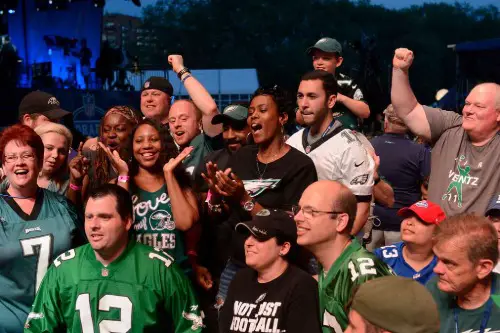
Philadelphia has a reputation for being tough, and that includes how people communicate. Whether it’s a conversation or a debate about sports, voices tend to be raised. It’s not always anger—it’s passion. The city takes pride in being gritty and outspoken.
To visitors, this volume and energy can feel confrontational. But for locals, it’s how you show you care. It’s a deeply emotional city that wears its heart on its sleeve—and sometimes yells it from the rooftops. Once you get used to it, you’ll see the love behind the bark.
7. Southerners Using “Bless Your Heart”

In the American South, few phrases are more iconic—or more misunderstood—than “bless your heart.” It can be a genuine expression of sympathy, but also a polite way of delivering criticism. Context is everything, and tone matters more than the words themselves. Outsiders often misread it as either sincere or mean, but it’s usually a bit of both.
The South values politeness, even when offering tough observations. “Bless your heart” is how people stay kind while still getting their point across. It’s a linguistic balancing act between civility and candor. Learn to read between the lines, and you’ll get it.
8. Californians Saying “We Should Hang Out” Without Following Through
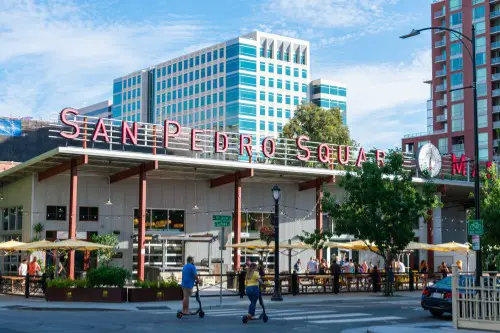
In many parts of California, especially in cities like Los Angeles, casual friendliness is common—but not always literal. Saying “we should hang out sometime” is more of a polite social cue than a concrete plan. It’s meant to be nice, not necessarily binding. Outsiders might see it as flaky or dishonest.
But for Californians, it’s just a way to express good vibes without pressure. Social calendars are often packed and schedules unpredictable. It’s not that they don’t like you—it’s just not always a real invitation. If they really want to hang out, you’ll know.
9. Chicagoans Being Sarcastic

Chicago is a city with a dry, biting sense of humor. Locals often communicate through sarcasm and teasing, especially among friends. To outsiders, this can sound rude or dismissive. But to Chicagoans, it’s a sign of affection.
If someone from Chicago is ribbing you, they probably like you. It’s a humor style rooted in blue-collar toughness and Midwestern modesty. You’re expected to give it back, not take it personally. It’s all part of the banter that builds bonds.
10. New Englanders Saying Very Little

In rural parts of New England, especially Vermont and Maine, people tend to be quiet and reserved. Small talk with strangers isn’t always the norm. This silence can feel cold to someone used to chattier cultures. But in reality, it’s a sign of respect.
New Englanders often believe actions speak louder than words. If they help you shovel your car out of the snow but don’t say much, that’s just how they show they care. You earn trust over time, not with words but with consistency. Once you’re in, though, they’re fiercely loyal.
11. Appalachian Folk Being Wary of Outsiders
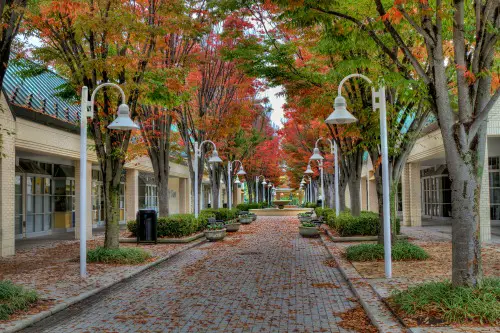
In parts of Appalachia, there’s a strong sense of community and a historical mistrust of outsiders. This can come off as aloof or even hostile to newcomers. But it’s really about self-preservation and protecting close-knit social bonds. These communities have often been misunderstood or stereotyped, and they’re cautious for good reason.
Over time, friendliness does emerge—but you have to earn it. Locals often show warmth through actions, not words. Sharing a meal, offering help with a car problem—these are big signs of trust. Be patient, and you’ll see the warmth beneath the wary shell.
12. Pacific Northwesterners Avoiding Conflict at All Costs
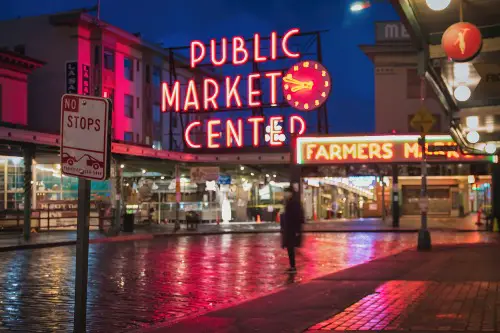
In places like Seattle and Portland, people often avoid direct confrontation, even to a fault. This phenomenon is sometimes called the “Seattle Freeze.” Locals might seem polite but distant, and making new friends can feel like pulling teeth. Outsiders can mistake this for coldness or disinterest.
But it’s more about a cultural aversion to awkwardness and drama. People tend to keep things low-key and don’t want to impose. Friendships usually develop slowly and organically, not through overt enthusiasm. Once you break through, the connections are real and lasting.
This post 12 Regional Habits That Outsiders Keep Mistaking for Hostility was first published on American Charm.


